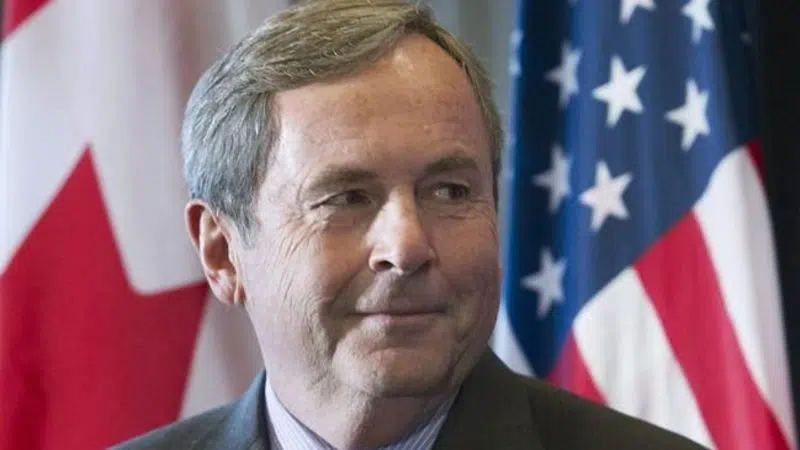
David MacNaughton, ambassador to U.S., to leave post at summer’s end
OTTAWA — David MacNaughton, the U.S. ambassador who became the fulcrum of the federal Liberal government’s strategy for managing relations with an impetuous and unpredictable White House, says he plans to step down from the post at the end of the summer.
MacNaughton, who is vacating the job just weeks before Canadians go to the polls Oct. 21, said he intends to return to the private sector in Toronto. He’ll be replaced on an acting basis by Kirsten Hillman, his deputy since 2017.
“I’ve never done anything in my life that has been as difficult as this — physically, emotionally — and part of that is just realizing what the stakes are,” MacNaughton told a news conference Thursday at Canada’s embassy in Washington.
“Having said that, I wouldn’t trade it for anything because it’s an honour and a privilege to represent your country anywhere, any time, but to have been here at this time, in this place, under these circumstances has been extraordinarily special.

